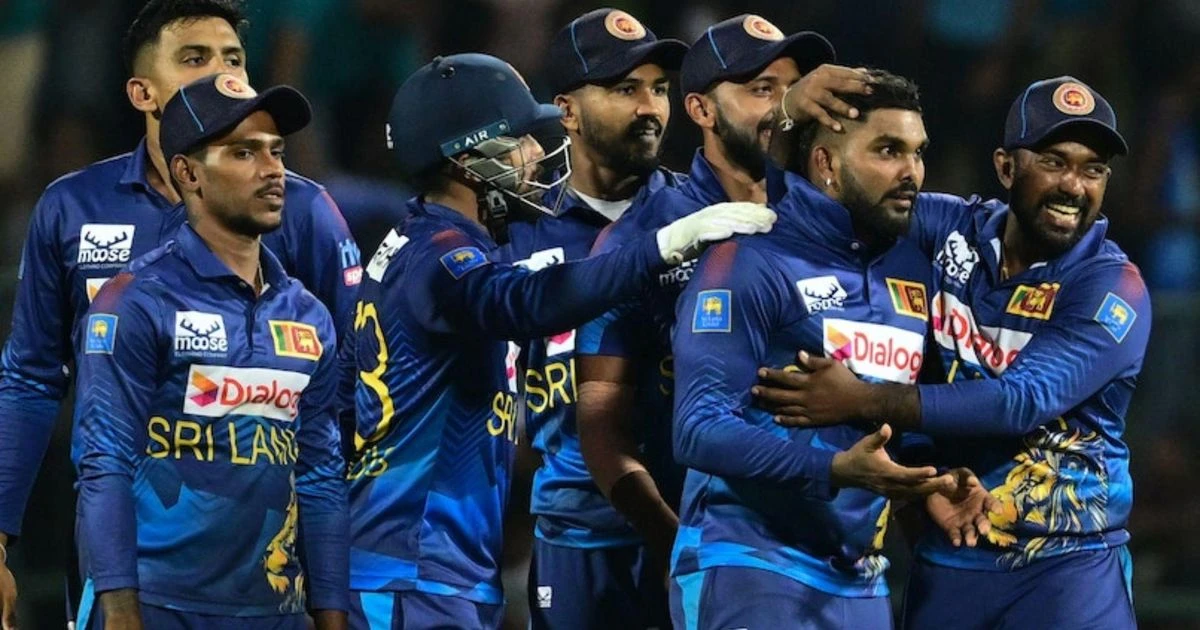Gill and the Burden of Perfection: Redefining Leadership in Times of Instant Judgment

Ashok NamboodiriEvery time the Indian team falters, the conversation swiftly turns to Shubman Gill. The refrain is predictable ‘Gill doesn’t score in big games’. After the loss to Australia, the chorus has grown louder across social media. Yet, beneath the noise lies a deeper story, one of a young leader navigating modern cricket’s most unforgiving terrain, and doing so with remarkable clarity and composure.Barely in his mid-20s, Gill has been thrust into a role that demands not just runs but reassurance. In an era where every innings is dissected in real time, his captaincy has been a study in balance — calm without being detached, assertive without being abrasive. While detractors measure his worth in centuries, what has quietly evolved is his ability to hold a young team together under the glare of expectation.Over the past few months, Gill’s record as captain has been quietly impressive. He has led India with tactical maturity, rotated bowlers intelligently, and given his batters the confidence to express themselves. He has also shown a rare sense of empathy — publicly backing struggling players, standing by team decisions, and deflecting credit when things go right. This is not the leadership of bluster; it is the leadership of belief.Gill’s batting, too, reflects his philosophy. He isn’t one for fireworks for their own sake. His elegance is deceptive because it hides steel. Even when runs haven’t flowed freely, he has sought to anchor innings rather than chase validation. What often gets missed is how his approach mirrors the new Indian cricketing temperament — less about aggression as a statement, more about consistency as strength.The perception that he doesn’t deliver in high-pressure matches is less about numbers and more about narrative. Modern fandom, especially on social media, is quick to equate failure with flaw. A player who dazzles in bilateral series but stumbles in one knockout game gets branded for life. But Gill seems unfazed. His responses, or deliberate lack thereof, to criticism suggest a mind focused on the long game. He isn’t interested in scoring points on X (formerly Twitter). He’s intent on building a legacy.In conversations with teammates, what stands out is his ability to listen. That alone differentiates him from many young leaders who lead with volume rather than vision. He reminds some of a young Kane Williamson. Measured, self-aware, and quietly demanding excellence. Gill is still learning, still moulding his methods, but the signs point to a captain who will lead by empowerment rather than enforcement.Cricket, especially in India, is cruel to those who inherit both talent and expectation. Gill will continue to face scrutiny disproportionate to his experience. But if early indicators are any guide, his captaincy will be defined not by one defeat or one innings, but by the culture he builds — one that values process over panic, calm over clatter.As India recalibrates after the opening setback, it might help to remember that leadership isn’t about not losing. It’s about how one learns to carry loss. Gill, in that sense, represents a refreshing new chapter in Indian cricket: one where poise may yet prove more powerful than perfection.Follow Revsportz for latest sports news











